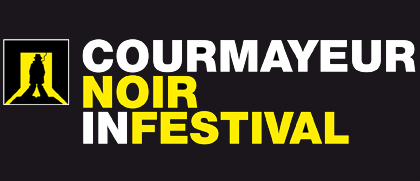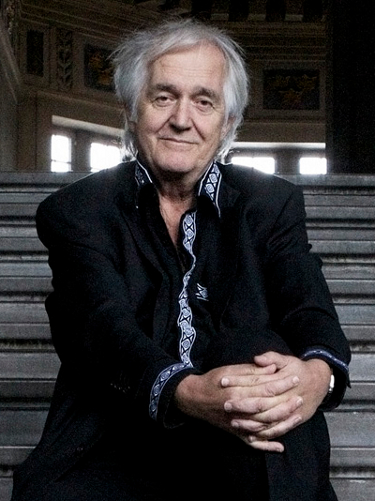Henning Mankell
2013 Chandler Award Winner
2013 Chandler Award Winner
Perhaps never before as with this Swedish writer, loved by readers throughout Europe long before Stieg Larsson, the Chandler Award should be rechristened, just this once, in honor of the greatest investigator of all time, Sherlock Holmes. Not simply because Mankell's Commissioner Wallander seems very much inspired by Conan Doyle's brilliant character, but above all because comparisons to the English prototype helps us better understand both Mankell and his character.
While the rational detective of the late 19th century unlocked mysteries through deductive skills that were aided by science, positivism and a trust in progress, Wallander is the product of the 20th century crisis. More precisely, the end of a century that unmasked the illusion of progress and undermined humankind's trust in its own ability to comprehend the world, much less dominate it. Yet Mankell's man isn't the only one in the throes of crisis.
Which is why in his investigations Wallander relies on a multitude of "experts," everyday people with obsessions they know inside and out. This narrative device is doubly effective: it allows a small-town commissioner with limited resources to obtain information indispensable to solving his cases, and overall allows the writer to depict an ever-interesting humanity that not only speaks of itself, but of society and a historical era as well. Wallander's "democratic investigations" reap the legacy of the Sweden's progressiveness and 1970s utopias (captured in the mystery novels of the historical writing pair Per Wahlöö and Maj Sjöwall), while exposing the progressive erosion of the human relationships that have always characterized small-town life in the face of the advancing globalized city.
The two characters share other traits. For example, in the way that Holmes is prudent, Wallander is always dubious in his investigative analyses, forever wary of jumping to rushed conclusions. Then there is his instinctive nature, that irrational ability to effectively identify with the people and places he investigates, in an attempt to capture the negative energy that ultimately reveals the secrets they hide. This could almost be seen as the character's "spiritual" dimension, which unwittingly emerges there where his life and ideas him not allow him to speculate on it.
Mankell, more so than many other Nordic writers, knows how to pick the lock of crime fiction and sow noir's sense of foreboding to depict Scandinavian and western society's descending parabola towards "a sense of general uncertainty" that stems from the increasing cruelty of crime and the progressive loss of a moral compass to fight it.
Hailed by the The Times Literary Supplement as one of the best-written characters of contemporary crime fiction, the Hamlet-esque Wallander was in recent years incarnated by celebrated British actor-director Kenneth Branagh in the eponymous hit BBC series that ran for two seasons in Italy as well, and which will be rebroadcast on the new laeffe channel.
In Courmayeur, the writer will not only receive the Chandler Award on December 13; we will also pay him cinematic tribute with the screening of The Troubled Man by Swedish director Agneta Fagerström-Olsson, featuring Mankell's favorite actor as Wallander.
Henning Mankell receives the historic Chandler Award not only for his brilliant contemporary reinvention of the crime novel, which has become a unflinching mechanism for revealing evil and a lucid social interpretation of history, and his exposure of xenophobia and racism in a Europe that forgets its own past at the expense of its future. For the first time, we are also awarding a writer's entire life: Mankell has for decades worked in Africa - on the cultural and material fronts - a continent that today more than ever has taken center stage both economically and politically.
The festival would especially like to thank the Swedish Embassy in Italy and the Marsilio publishing company for their instrumental help in making the Mankell event possible.


